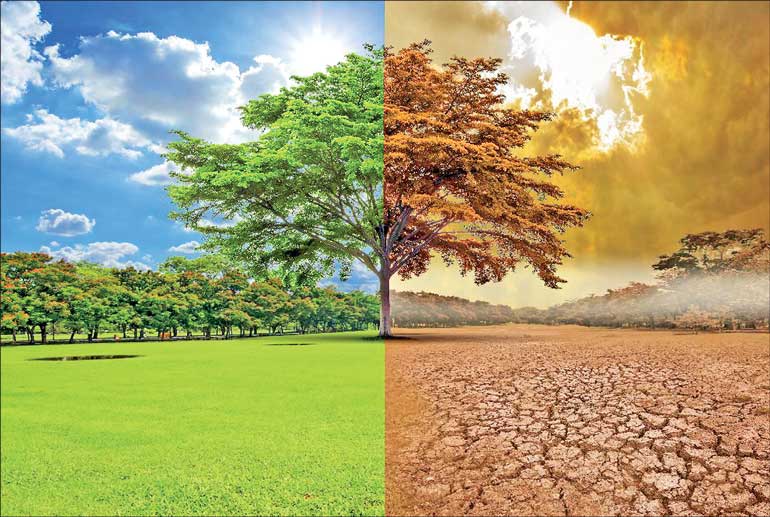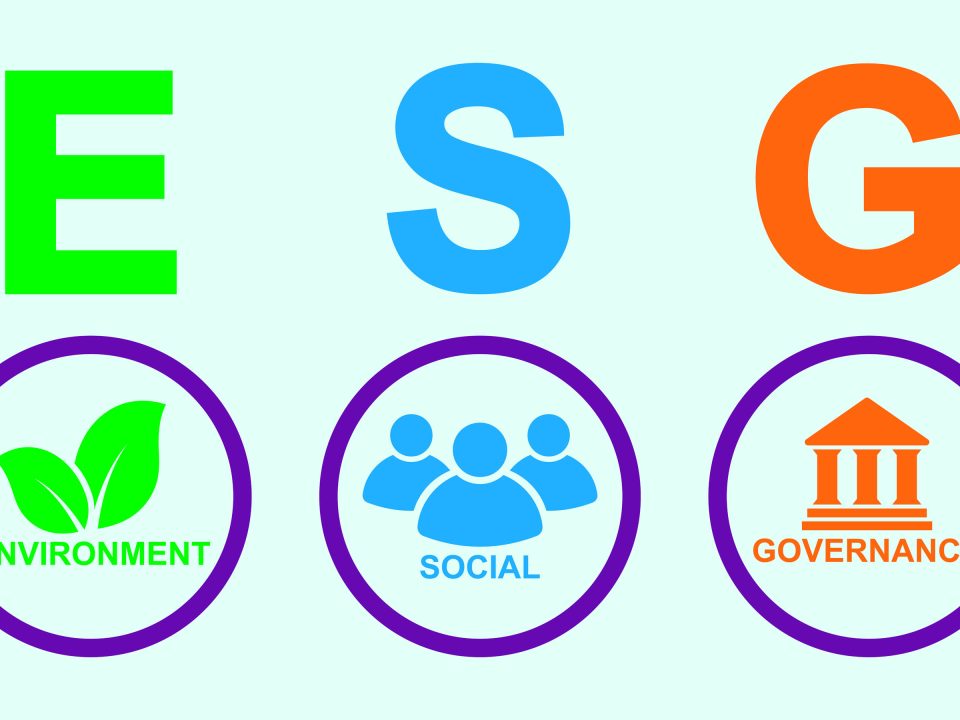
Energy Efficiency Development in Sub-Saharan Africa
October 11, 2022
Renewable Fuel Development in Sub–Saharan Africa
October 11, 2022Africa is one that is full of paradoxes even when it comes to the broader subject of climate change action and innovation. It has the lowest total greenhouse gas emissions – 7% of the world’s share – which is the lowest per capita share. Yet still, the region bears the brunt of the negative effects of climate change. Even more, although the continent has the largest potential for renewable forms of energy (solar, wind, hydro, geothermal) and even green hydrogen, approximately 45% of the region’s population has no access to electricity. Another paradox centers on the aspect of land availability for the exploration of green technologies. Africa does have a huge reserve of earth which undoubtedly makes the continent an important and indispensable part of the global climate solution, a unique position we must explore actively.
At COP21, 54 African countries along with other countries across the world submitted their nationally-determined contributions (NDCs) as part of their commitment to keep global warming below 2 degrees Celsius. In 2021, at Glasgow 2026 countries updated their NDCs showing an improvement and (re)commitment to their COP21 efforts. By way of their NDCs, African governments have generally made strides towards these goals.
However it is important to recognize that, “National governments cannot do it alone. Everyone—including those at all levels of government, as well as business leaders, investors, and civil society—must contribute.”(afdb.org)
The reason for this is simply because the amount of climate finance available in Africa really does not meet what is required to execute the NDCs fully. According to the Climate Policy Initiative, to address Africa’s climate finance needs an estimated average of USD 250 billion yearly from 2020-2030 and this must be sourced from private and international public investors (cpi.org). In contrast, for the year 2020, the continent was only able to reel in an annual climate finance of only USD 29.5 billion (cpi.org). To meet Africa’s climate finance needs, this requires active levels of investment from the private sector now more than ever.
The limiting nature of private sector investments stems from “the high real and perceived risks associated with investing in the continent” (cpi.org). The private sector in 2019-2022 only accounted for 14% of climate finance provided. Coupled with the scarcity of public finance efforts on addressing climate change see little progress than expected.
It’s estimated that by 2030 finance for NDCs in Africa will require approximately USD $4 trillion. How can this be achieved? The private sector must play a more prominent role in closing the climate finance gap in Africa. It is expected that about 75% of this investment will come from the private sector particularly from the Small and Medium-sized Enterprise sector which is massive but insufficiently understood and poorly supported.
However, these enterprises do support the majority of workers. African SME’s have a unique role to play in the pursuit of climate action. Their positive characteristics ensure they stand out; they are independent, employing less than a given number of employees (e.g. 200-250) and are responsible for the employment of the majority of African workers (80%). While they may not possess the low-carbon infrastructure of large companies they do have major potential for climate mitigation.
For instance, in the energy sector, it is critical to develop financial models that can push progress in sub-Saharan Africa. With access to finance, SMEs can help create innovative technologies and clean energy pathways to reduce the reliance on traditional forms of energy.
In the agricultural sector, the impact of climate change on agriculture, food, and livelihoods in sub-Saharan Africa is predicted to be extreme. Agricultural SMEs especially are at risk of climate-related incidents, and the agriculture sector employs 53.3% of the sub-Saharan African population. However, many agric-based SMEs already notice the negative impact of climate change and have adopted practices like crop diversification to reduce climate vulnerability to ensure that they are not dependent on one crop only.
As Africa marks another African Climate Week on the 29th of August,2022, we acknowledge that there’s a need to work, more than ever, with local SMEs and provide the needed support to assess climate risks and opportunities for NDCs and green investment. It is important to raise awareness and strengthen the capacity of SMEs to identify climate change-induced costs and also identify climate finance and climate innovation opportunities for the overall development of the continent.




